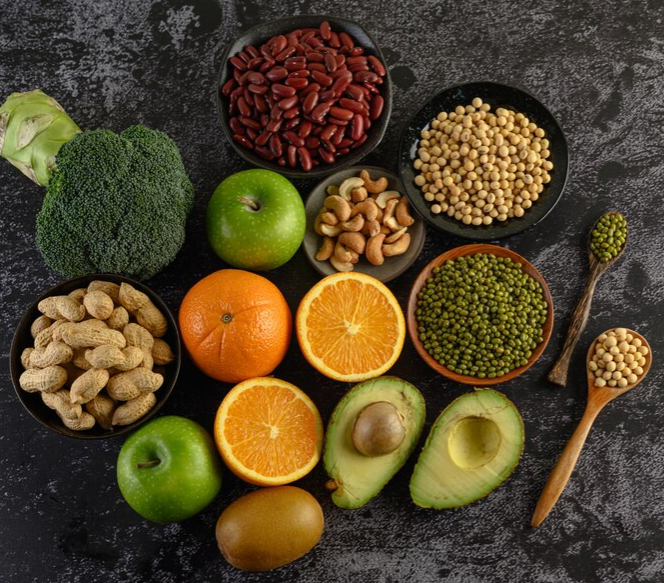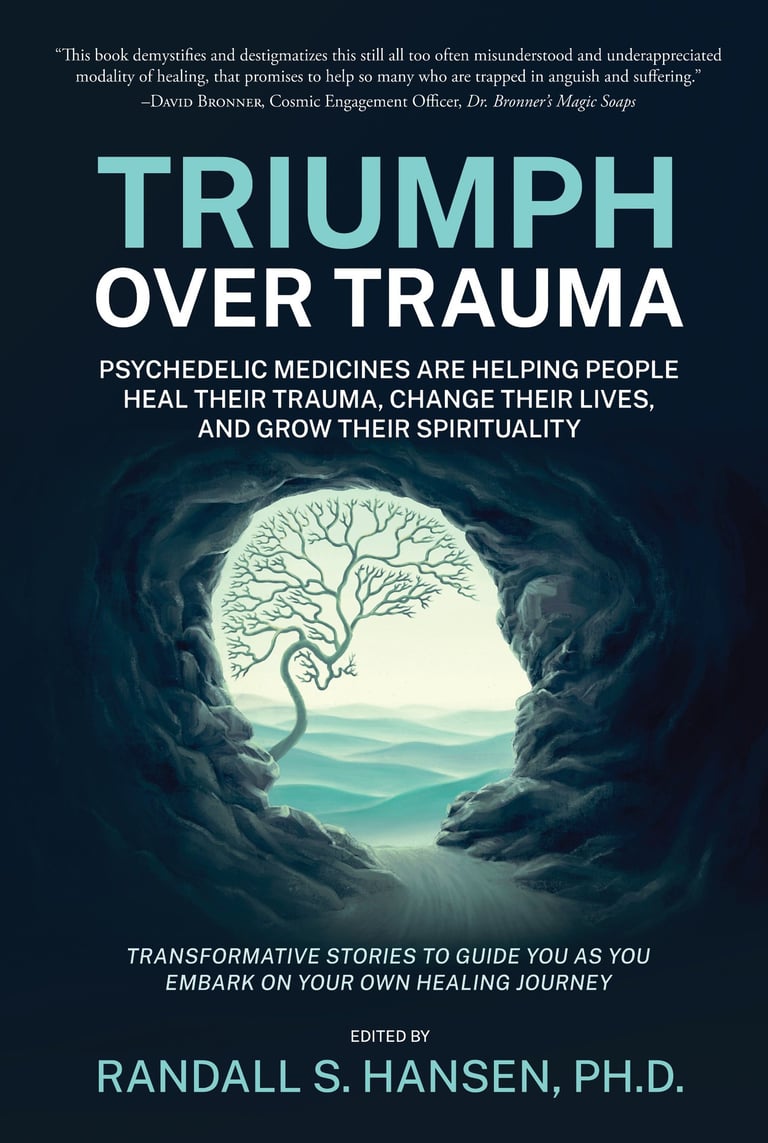For Good Health, Please Consume (More) Fiber!
Do you eat enough foods containing fiber? More importantly, do you understand the critical role fiber plays in your gut and overall health? It’s essential to have fiber in our diets, and yet fewer than 1 in 10 of us are getting enough fiber in our diets.
Including enough fiber in your diet lowers your risk of heart disease, stroke, high blood pressure, obesity, colorectal cancer, and gastrointestinal conditions (such as diverticulitis, constipation, and hemorrhoids).
Our ancestors regularly had fiber in their diet – from fruits, nuts, vegetables, and other plants.
We used to think fiber was important for stopping constipation issues – and that’s still true – but fiber plays a MUCH more critical role in promoting better health.
Most people eating a Western diet of ultra-processed and fast foods are NOT getting enough daily fiber. Why? Because most of these foods have been stripped of fiber and other nutrients – and instead have more processed grains, sugars, and seed oils.
And guess what? We are eating more food at each meal than ever before – because of two reasons. First, the ultra-processed foods we eat are addictive, so we crave and eat more. Second, with very little fiber, our gut doesn’t signal our brain that we’re full, so we keep eating.
It’s not that we have to have a high fiber diet or only eat products containing fiber, but given our food system and our habits to consume a lot of prepared and fast foods, we must seek ways to add more fiber to our diets.
Fiber (or the lack of it) is a “a dietary component of public health concern” according to the U.S. Department of Agriculture’s 2020-2025 Dietary Guidelines for Americans. Furthermore, the USDA reports that more than 90 percent of women and 97 percent of men don’t get enough fiber.
But, just to complicate matters, we need to be consuming two types of fiber – both beneficial.
Soluble Fiber: This type of fiber dissolves in water and is fermented in the gut, forming a gel-like material. It slows digestion and leads to the feeling of being full. This type of fiber feeds the good bacteria in your gut microbiome, producing great health benefits including better blood sugar regulation (which impacts insulin resistance, diabetes, and other chronic conditions, including cancer).
Insoluble Fiber: This type of fiber does not break down in the gut, promotes the movement of materials through the digestive system, and adds to stool bulk, leading to softer/bulkier stools… helping prevent constipation. My mom used to call this type of fiber, “roughage.”
The good news is that many real foods contain quantities of both soluble and insoluble fiber, but here’s a list of some of the foods with the highest amounts of soluble and insoluble fiber.
Sources of Soluble Fiber
Avocados (a superfood)
Sweet Potatoes (organic)
Brussels Sprouts
Beans (kidney, black, lima)
Apples
Pears
Oranges
Flax Seeds
Coffee
Strawberries (and other berries)
Psyllium seeds
Chia Seeds
Dried figs, prunes, apricots and dates
Sources of Insoluble Fiber
Nuts
Hemp Seeds
Mushrooms
Carrots
Corn
Apples
Celery
Zucchini
Cauliflower
Broccoli
Green Beans
Potatoes
Artichokes
Barley
While most fiber comes from plants, there IS some fiber in various meats, including: pasture-raised chicken, turkey, bison, and beef.
Final Thoughts on the Importance of Fiber
We need fiber for our health, for longevity, for fighting off chronic health conditions, including cardiovascular disease and cancer. Without enough soluble fiber (and combined with way too much sugar and simple carbs that most people consume), we can become susceptible to leaky gut, which is when the gut lining becomes permeable, allowing toxins that normally get dismissed with your stool into your blood stream and affect various organs and systems.
Why should you be concerned with leaky gut? Mounting evidence suggests that leaky gut can lead to gut dysbiosis, autoimmune diseases (lupus, type 1 diabetes, multiple sclerosis), chronic fatigue syndrome, cancer, fibromyalgia, arthritis, allergies, asthma, acne, and obesity.
Furthermore, leaky gut can lead to leaky brain because the blood-brain barrier can become permeable through the same mechanism as with the gut barrier. Leaky brain can lead to brain fog, forgetfulness, and mental health conditions, such as depression and anxiety.
There is such a thing as too much fiber (which can cause bloating and gut discomfort), but for anyone following the traditional Western diet of mainly processed foods that is not even a concern; it’s only when you start adding fiber back to your diet that you don’t want to go overboard.
Really the key is eating more REAL foods – not prepared foods and fast foods. Eat more fruits, nuts, and vegetables in whole form – not as juices, which strip away the fiber.
Finally, in addition to good fiber, make sure your diet also includes healthy fats (such as avocado oil, olive oil, coconut oil, grassfed butter), which help lower cholesterol levels and boost brain function), and clean proteins (such as eggs, pastured meats, wild-caught fish, nuts, seeds, cheese, Greek yogurt).
Additional Fiber and Gut Resources
Dr. Randall Hansen is an advocate, educator, mentor, ethicist, and thought-leader... helping the world heal from past trauma. He is founder and CEO of EmpoweringSites.com, a network of empowering and transformative Websites, including EmpoweringAdvice.com.
He is the author of the groundbreaking Triumph Over Trauma: Psychedelic Medicines are Helping People Heal Their Trauma, Change Their Lives, and Grow Their Spirituality and the well-received HEAL! Wholeistic Practices to Help Clear Your Trauma, Heal Yourself, and Live Your Best Life.
Dr. Hansen's focus and advocacy center around true healing ... healing that results in being able to live an authentic life filled with peace, joy, love. Learn more by visiting his personal Website, RandallSHansen.com. You can also check out Dr. Randall Hansen on LinkedIn.








